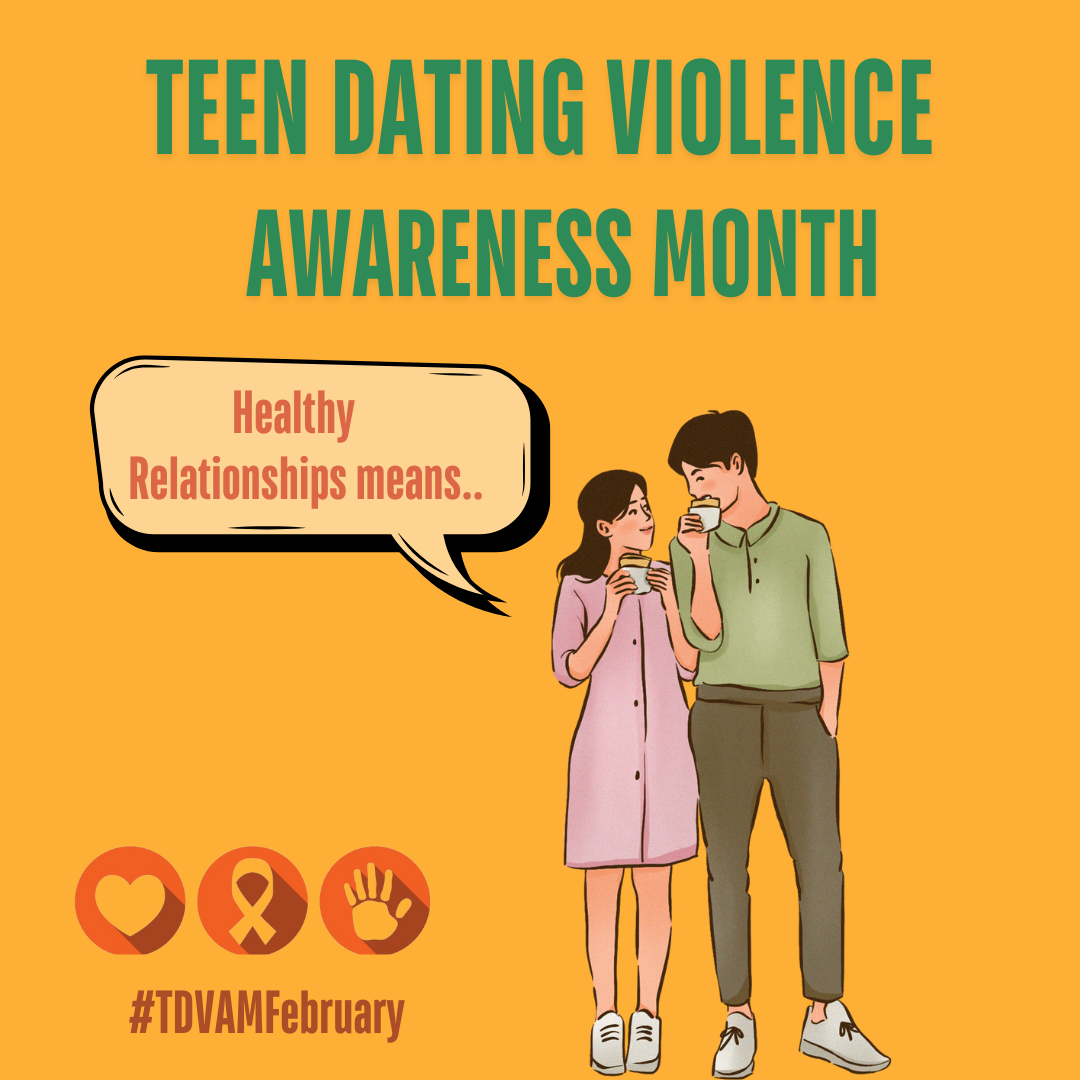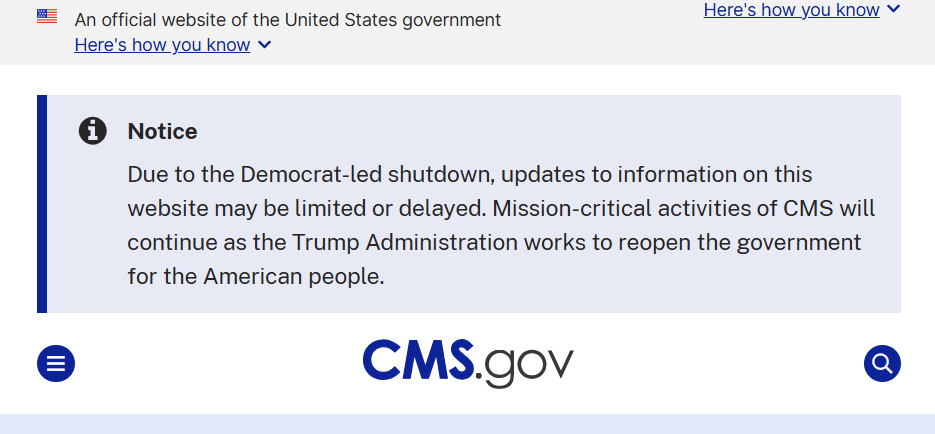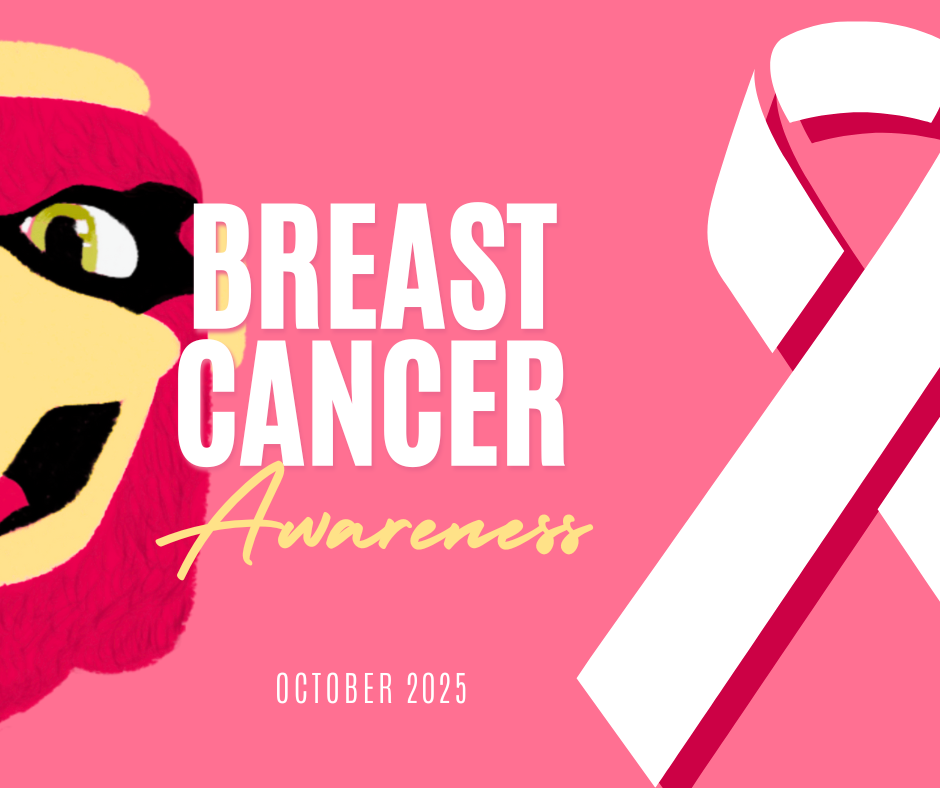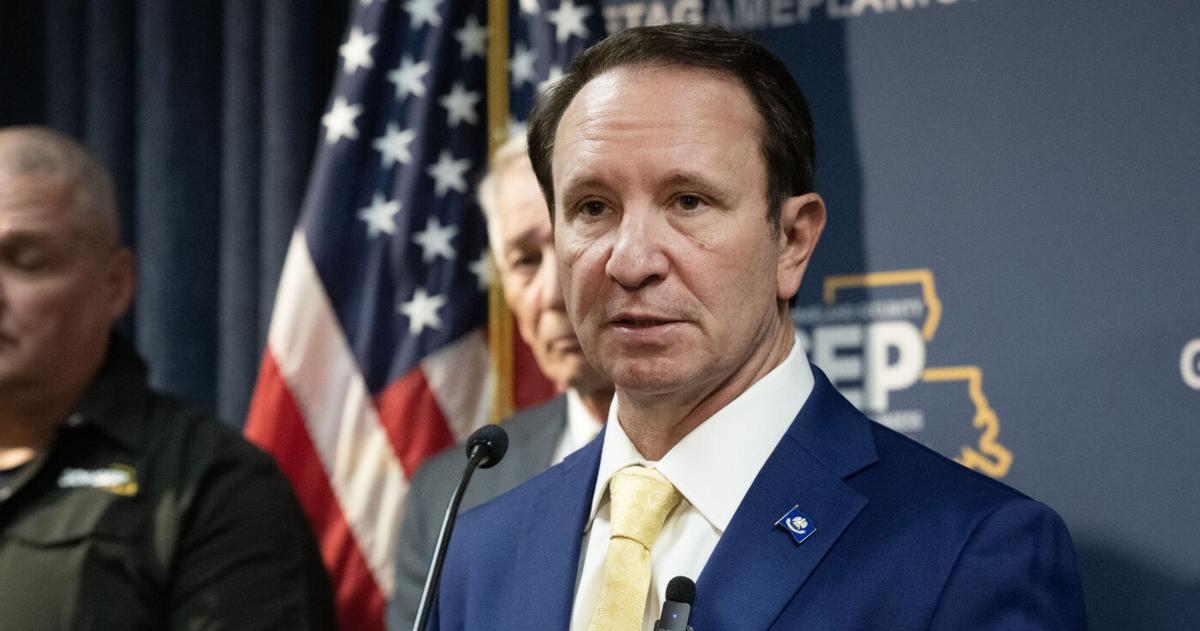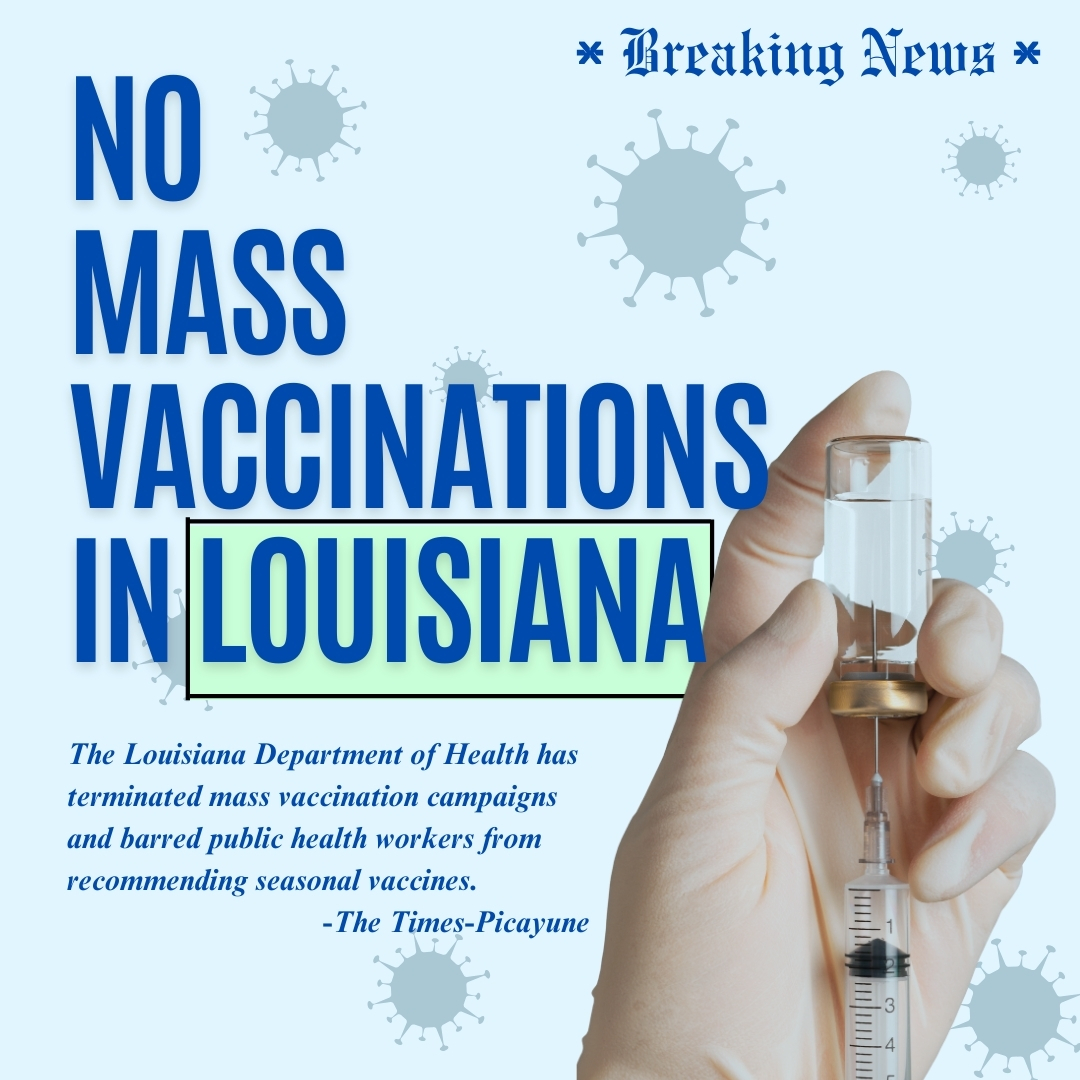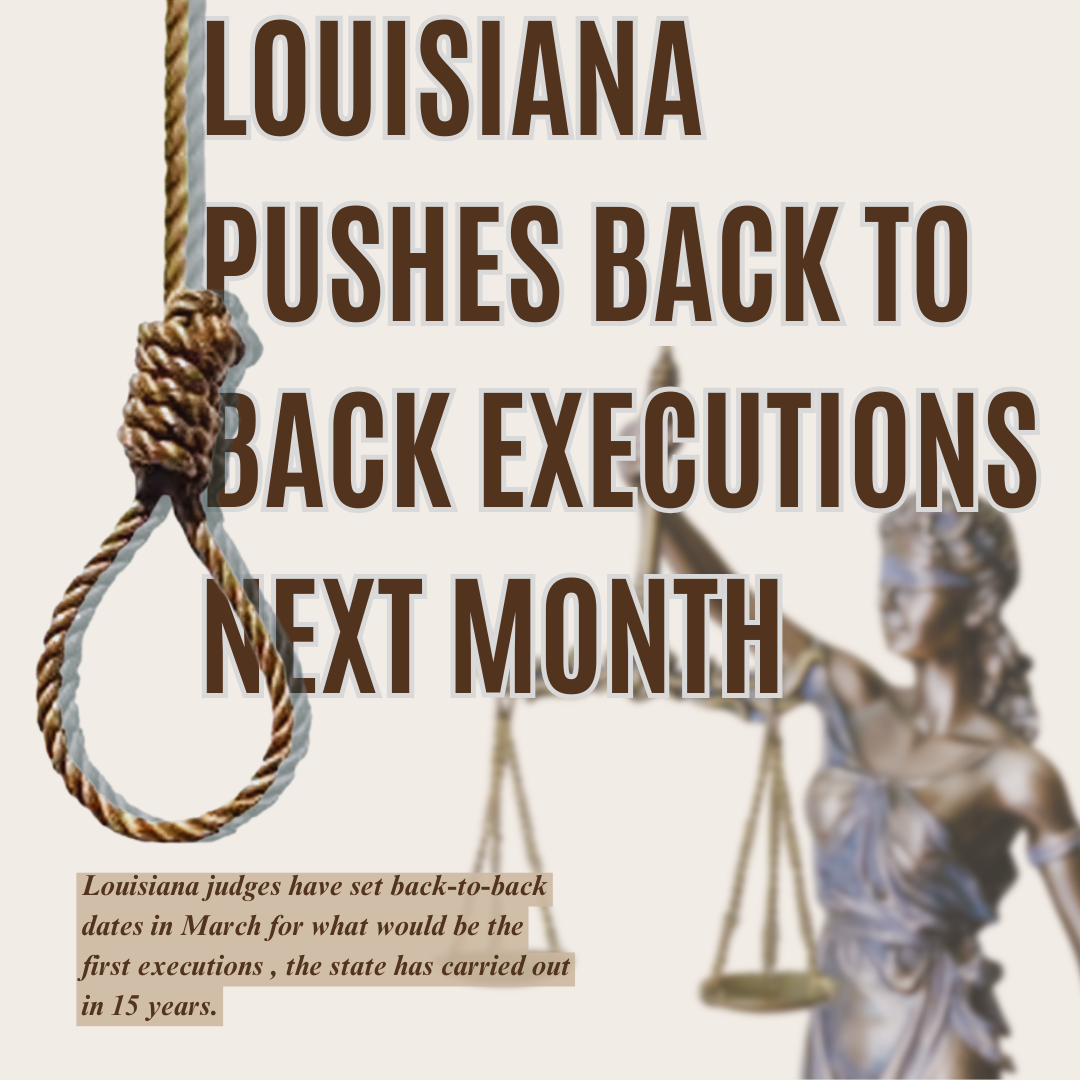United States reps. Gwen Moore (D-WI), Debbie Dingell (D-MI) and Brian Fitzpatrick(R-PA) officially declared February as “Teen Dating Violence Awareness and Prevention Month” (TDVAP) in a recent resolution. The resolution seeks to raise awareness to teens, a demographic known to struggle with relationships and abuse.
According to the Centers for Disease Control and Prevention (CDC), up to 19% of teenagers experience dating violence. 1 in 12 teens face abuse of any kind from a romantic partner.
Violence has four main forms: physical, verbal, emotional and sexual. Each can apply to relationships in different ways.
Physical violence is defined as the “intentional use of physical force or power,” according to the World Health Organization (WHO). Any form of hitting, punching or kicking with the intent to harm is physical violence. Those in relationships sometimes hit or touch their partner without intent to harm—as a joke or for a reaction. The act of hitting or punching is not necessarily violent, but that depends on a previously established boundary. One person might consent with the occasional playful touch or hit, while another might feel uncomfortable with the act.
Verbal abuse tends to be more common in teen relationships than other types of violence. Break The Cycle, an organization advocating healthy relationships, states that at least 1 in 3 teens experience verbal abuse in relationships. Verbal abuse, or verbal bullying, occurs when someone speaks negatively about another person with the intent to cause harm. The primary way to confirm if verbal abuse is abuse by examining the intent and effect of the action. If the abuser intended to cause psychological harm with their words, or if the victim feels significantly affected by their words, it would fall under violence. Due to the impact of words being subjective, it is difficult to prove substantial verbal abuse. Crude jokes, slurs and dark humor affect people differently depending on the listener. Effective communication helps clarify whether comments cause discomfort in a relationship.
Victims of emotional abuse, similar to verbal abuse, struggle to interpret the Mayank Saxena, a senior consultant at Yatharth Hospital, describes emotional abuse as involving both verbal and physical assaults. Abusers use it to control, manipulate and intimidate their victims. The National Library of Medicine states that if left untreated, some people with personality disorders, specifically cluster-B disorders, can unintentionally cause emotional harm through emotional abuse. The University of Cambridge claims that at least 15% of patients diagnosed with a cluster-b personality disorder have likely suffered from the illness since before adolescence. Narcissism personality disorder (NPD) and borderline personality disorder (BPD) both cause those inflicted with either disorder to struggle with empathy and emotional maturity. A lack of treatment can lead to the person unintentionally harming close relationships, especially a romantic partner. If a doctor diagnoses a person, refusing treatment can lead to intentional acts of harm.
“Sexual abuse, in criminal law, is any act of sexual contact that a person suffers… as a result of force or violence… or without having legally consented to the act,” Encyclopedia Britannica classifies. The definition of sexual abuse, specifically sexual assault, has changed drastically throughout the last several years. Sexual abuse in teens typically stems from a lack of informed consent. Many underfunded schools lack proper health education, leading teens to learn about their bodies from the internet or the outside world The lack of guidance can lead to unsafe encounters and possible grave side effects. Anyone under the age of18 cannot legally consent to sexual acts, meaning any sexual act is sexual violence. Due to lack of proper education, sexual assault or sexual abuse spikes in teen relationships.
Each of these issues is well-known in one way or another within adult relationships, but awareness is important to break bad habits and keep children, specifically teens, safe. Teen Dating Violence Awareness and Prevention Month hopes to bring light to some hidden issues with teen dating that may help teens currently struggling in relationships or parents wondering how to help their children.


